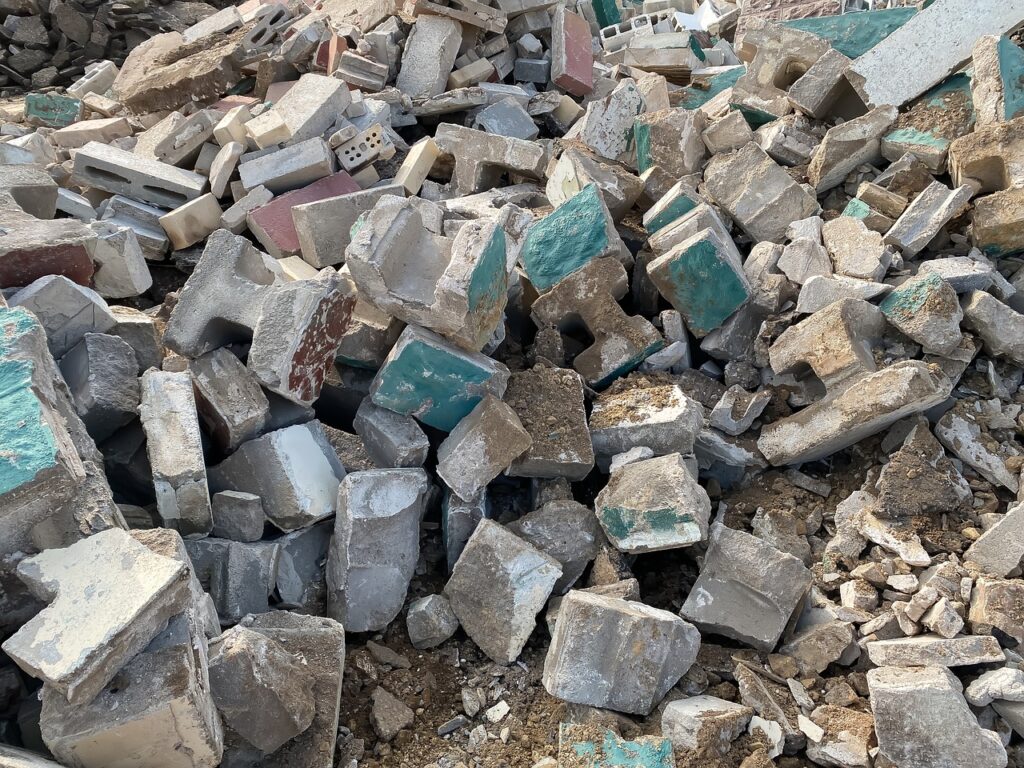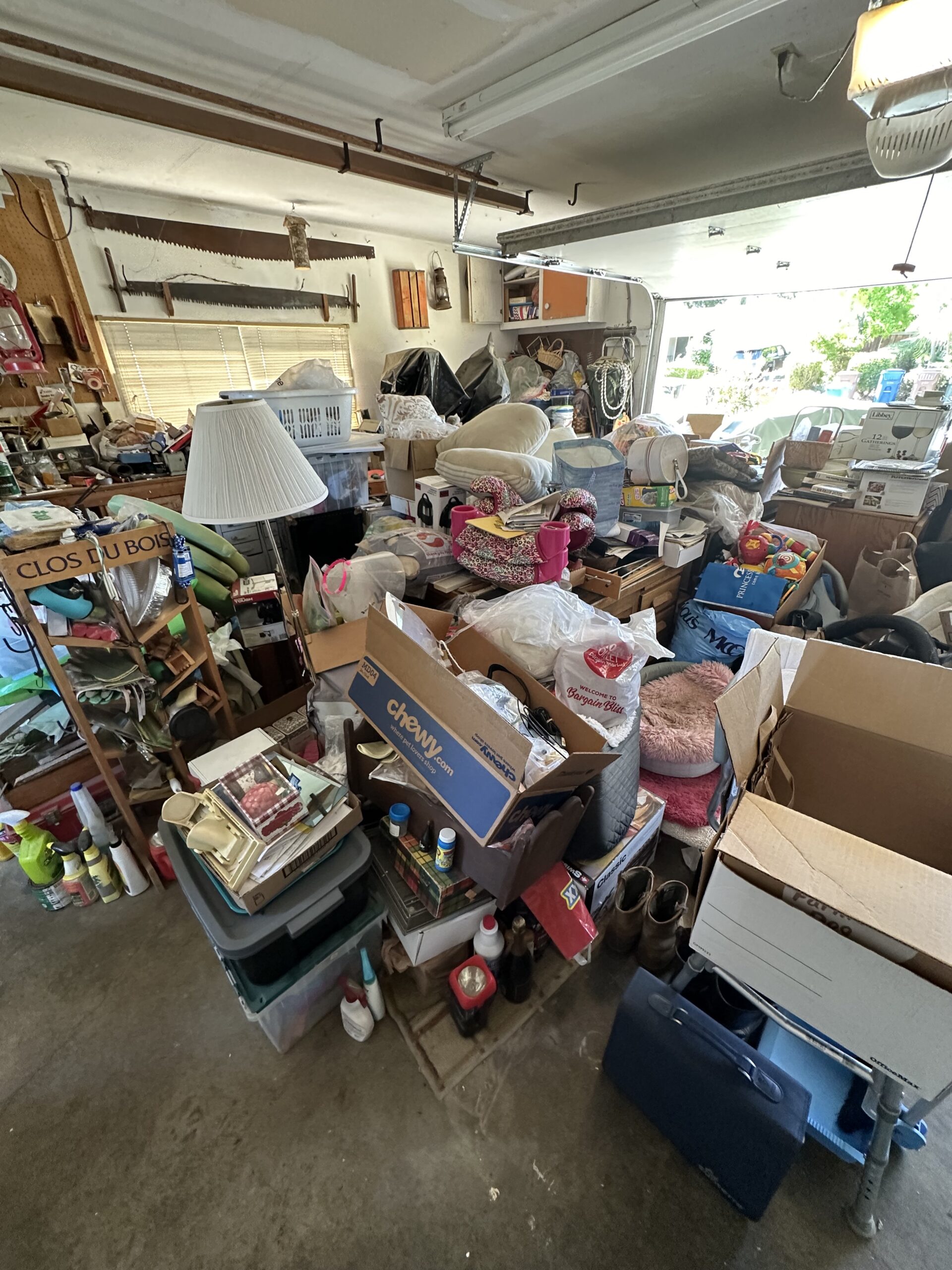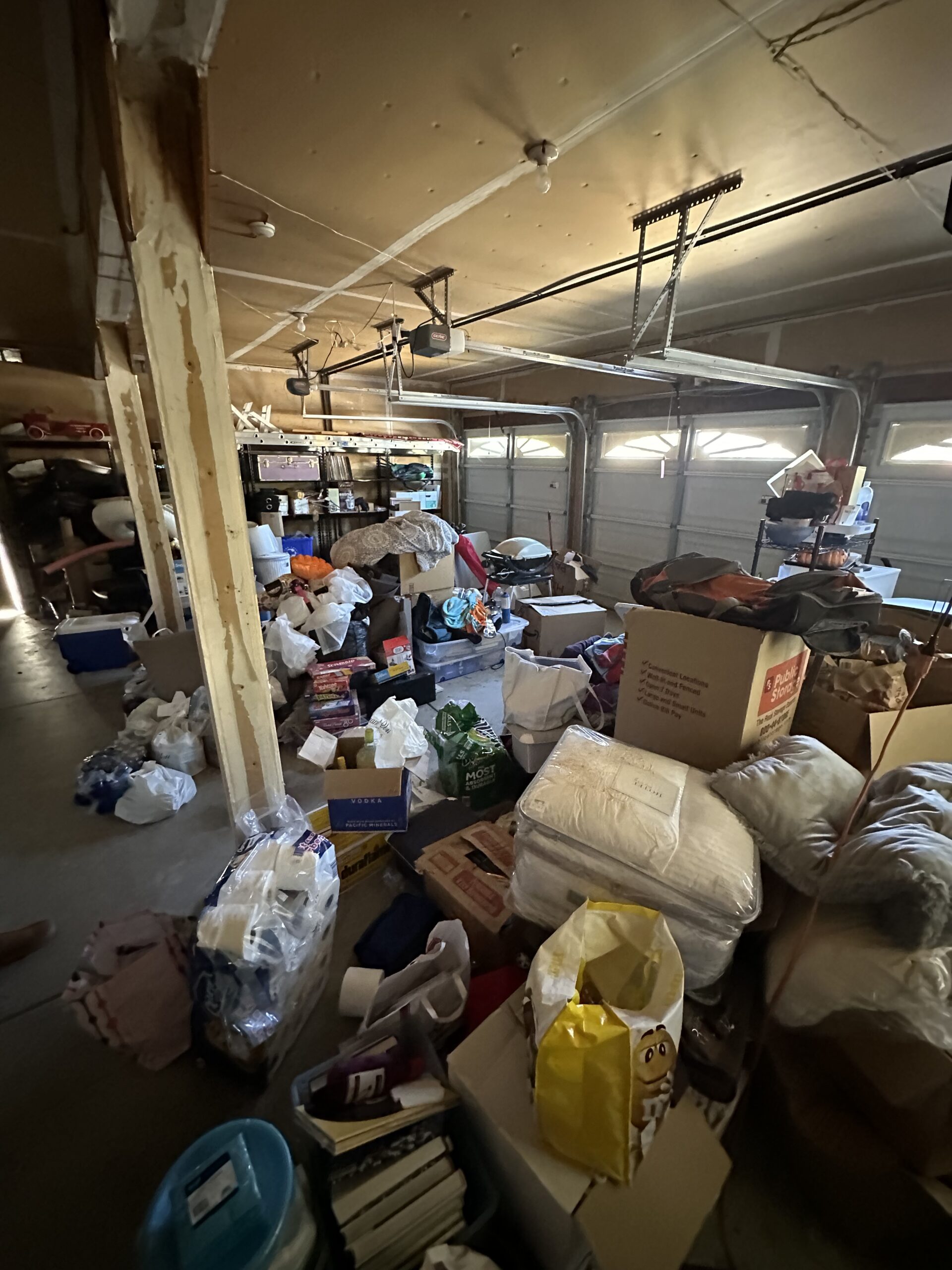Avoiding fines and penalties through proper construction debris removal is crucial for project success. Incorrect waste disposal can lead to hefty fines, tarnished reputations, and delays in completion. By implementing effective debris removal strategies, you can ensure a smooth construction process while staying compliant with regulations. Learn how to navigate the complexities of waste management in construction to prevent unnecessary costs and legal issues. Stay ahead of the game by understanding the importance of responsible debris disposal practices, compliant construction waste removal, proper construction waste management, and construction waste removal regulations. Let’s explore practical tips and insights to safeguard your construction project from potential penalties and setbacks.
Table of Contents
ToggleImportance Of Proper Debris Removal
Preventing Legal Issues
Local laws on construction waste management practices, dumpsters, and debris removal at the construction site vary, so understanding them is crucial to avoid fines and penalties. Keep documentation of disposal to prove compliance when necessary. Stay updated on regulations to ensure adherence and prevent legal consequences.
Environmental Protection
Implementing eco-friendly methods for debris disposal is vital to reduce environmental harm. Encourage recycling and reusing materials to lower landfill waste levels. Educate your team about the significance of sustainable practices in debris removal processes.
Enhancing Site Safety
Regular safety audits help identify potential hazards related to debris on-site. Clear pathways for workers are essential to prevent accidents caused by scattered debris. Adequate training on safe handling and removal procedures is key to maintaining a safe work environment.
Relevant Regulations And Compliance
Local Regulations
Local regulations play a crucial role in ensuring proper construction debris removal. It is essential to research and understand the specific rules that govern debris disposal in your area. Obtaining necessary permits from local authorities is a key step to complying with these regulations. Stay vigilant and keep track of any changes in local laws that may impact how debris is managed.
- Research specific local regulations
- Obtain necessary permits
- Stay informed about changes in local laws
Federal Guidelines
Understanding and adhering to federal guidelines related to hazardous waste disposal is paramount. By familiarizing yourself with these guidelines, you can avoid facing significant penalties for non-compliance. It is crucial to stay updated on any modifications to federal laws that could affect the management of construction debris.
- Familiarize yourself with federal guidelines
- Ensure compliance with federal regulations
- Keep abreast of updates to federal laws
Industry Standards
Adhering to industry best practices for debris removal is vital for maintaining high standards. By following these practices, you can ensure that your debris removal process is efficient and environmentally friendly. Joining industry associations can provide valuable insights into evolving standards and regulations, helping you stay ahead of the curve.
- Follow industry best practices for debris removal
- Join industry associations for updates
- Implement quality control measures
Dos For Construction Debris Removal
Plan Ahead
Develop a comprehensive debris removal plan before starting construction. Allocate resources and budget for debris removal in the project planning stages. Schedule regular debris pickups to prevent accumulation on-site.
Use Proper Containers
Select containers that are appropriate for the type of debris being disposed of. Ensure containers are clearly marked to avoid confusion during disposal. Regularly inspect containers for damage to maintain safety and efficiency.
Label Hazardous Materials
Clearly label all hazardous materials to prevent accidental exposure. Train staff on the importance of proper labeling for safety compliance. Maintain a list of hazardous materials on-site for quick reference.
Don’ts For Debris Removal
Avoid Illegal Dumping
Educate your team on the legal consequences of illegal dumping to prevent fines and penalties. Establish a zero-tolerance policy for any unauthorized disposal of construction debris. Report any instances of illegal dumping to local authorities promptly.
Do Not Burn Debris
Recognize the health and environmental risks associated with burning debris on-site. Promote alternative disposal methods that comply with regulations, such as recycling or landfill disposal. Inform all workers about the dangers of burning construction materials, emphasizing safety protocols.
Skip Unlicensed Haulers
Verify the licensing and insurance credentials of haulers before engaging their services for debris removal. Choose reputable companies with a proven track record of compliance and safety standards. Avoid using unlicensed haulers to mitigate the risks of fines, legal issues, and subpar service quality.
Safety Tips For Debris Handling
Wear Protective Gear
When handling debris, mandate the use of personal protective equipment (PPE) to ensure worker safety. Equip all workers with appropriate gear such as helmets, gloves, and goggles. Conduct regular training sessions emphasizing the importance of wearing protective gear to prevent injuries.
- Provide helmets, gloves, and goggles
- Conduct regular training sessions on PPE importance
Train Your Team
To enhance safety practices, offer consistent training sessions on safe debris handling and disposal techniques. Keep training materials up-to-date with current regulations and industry best practices. Encourage team members to actively participate by sharing their insights and experiences related to debris removal.
- Offer consistent training sessions
- Encourage team members to share experiences
Use Right Tools
Equip your team with the appropriate tools for efficient debris removal processes. Ensure tools are regularly maintained to guarantee safety and effectiveness during operations. Train all workers on the correct usage of tools to improve both safety levels and overall productivity.
- Equip the team with appropriate tools
- Regularly maintain tools for safety

Effective Disposal Methods
Recycling Options
Local recycling facilities play a crucial role in the proper disposal of construction debris. By identifying these facilities, you can ensure that materials are recycled efficiently. Promoting recycling initiatives within your team can boost participation and increase the amount of waste diverted from landfills. Tracking recycling efforts allows you to measure the impact of waste reduction over time.
- Find local recycling facilities
- Encourage team participation in recycling
- Monitor recycling efforts for waste reduction
Donation Opportunities
Researching local organizations that accept donations of reusable construction materials provides an alternative to traditional disposal methods. Encouraging team members to consider donation as a viable option not only reduces waste but also benefits the community. Documenting donations showcases your team’s commitment to sustainability and highlights the positive impact on the environment.
- Explore donation options locally
- Promote donation as a sustainable disposal choice
- Document donations for community contributions
Landfill Disposal
Understanding the regulations governing landfill disposal of construction debris is essential for effective construction waste management. Choosing licensed landfills that adhere to environmental standards ensures responsible disposal practices. Keeping detailed records of landfill disposal activities demonstrates your commitment to compliance with regulations and environmental stewardship.
- Know landfill disposal regulations
- Select licensed landfills meeting environmental standards
- Maintain records for compliance demonstration
Benefits Of Hiring Professionals
Expertise And Efficiency
Hiring experienced professionals for debris removal ensures compliance with regulations and promotes safety on construction sites. These experts possess the necessary skills to handle debris efficiently, reducing the risk of accidents. By evaluating and optimizing debris removal processes regularly, contractors can enhance operational efficiency and minimize downtime.
Professionals in debris removal bring valuable expertise to the table, enabling them to navigate complex regulatory frameworks effectively. This expertise helps contractors avoid potential fines and penalties by ensuring adherence to all relevant laws and guidelines. Leveraging the knowledge and experience of these professionals is crucial in maintaining a safe and compliant work environment.
Compliance Assurance
To maintain compliance with debris removal regulations, contractors should conduct regular audits of their practices. These audits help identify any non-compliance issues early on, allowing for prompt corrective actions. Staying updated on regulatory changes is essential for ensuring ongoing compliance assurance in debris removal activities. By keeping abreast of any new requirements or standards, contractors can adjust their practices accordingly.
Developing a comprehensive compliance checklist is a proactive approach to ensuring adherence to all relevant regulations. This checklist serves as a guide for conducting debris removal activities in a compliant manner, covering aspects such as waste segregation, disposal methods, and documentation requirements. By following this checklist diligently, contractors can mitigate the risk of facing fines or penalties due to non-compliance.
Cost Savings
Analyzing the costs associated with different debris removal methods helps contractors identify opportunities for cost savings. By comparing the expenses involved in various approaches, contractors can choose the most cost-effective solution without compromising on quality or compliance. Negotiating contracts with debris removal service providers allows contractors to secure competitive pricing, further reducing overall project costs.
Monitoring expenses related to debris removal activities is crucial for identifying areas where cost-cutting measures can be implemented. By tracking expenditures closely, contractors can pinpoint inefficiencies or unnecessary expenses that can be eliminated. Implementing cost-saving strategies in debris removal not only helps reduce project costs but also improves overall financial sustainability.
Choosing The Right Service Provider
Check Credentials
Before hiring a debris removal service, it is crucial to verify the provider’s credentials. Look for certifications indicating compliance with industry standards. Request references from past clients to gauge reliability.
Read Reviews
Research online reviews of debris removal companies to evaluate their reputation. Feedback on compliance and customer service can provide valuable insights. Utilize reviews as a tool in your decision-making process when choosing a provider.
Compare Prices
To avoid fines and penalties, gather quotes from multiple debris removal companies to compare pricing. Evaluate the value of services offered in relation to their costs. Consider establishing long-term relationships with providers offering consistent quality at reasonable prices.
Final Remarks
In the world of construction, proper debris removal isn’t just about tidying up; it’s a crucial step in avoiding fines and penalties. By understanding the regulations, following best practices, and considering safety measures, you can protect your project and your pocket. Hiring professionals for debris removal not only saves you time and effort but also ensures compliance with the law and environmental standards. Remember, a clean and safe workspace is not just a recommendation; it’s a requirement.
Take charge of your construction site by implementing the dos and avoiding the don’ts we’ve outlined. Your proactive approach to debris removal will not only keep you out of trouble but also contribute to a more efficient and sustainable work environment. Stay informed, stay compliant, and enjoy a hassle-free construction process. Your project’s success starts with responsible debris management.
Transform Your Job Site: Expert Construction Debris Removal By Veterans In The Bay Area
Is construction debris taking over your job site? At Junked: Powered by Veterans™, we understand the stress and frustration that unwanted debris can cause. Serving the bustling Bay Area, our team of dedicated veterans is here to help you reclaim your space and peace of mind with professional construction debris removal services. Whether you’re a homeowner dealing with renovation leftovers or a business facing a major construction project, we have the expertise and tools to handle all your debris removal needs.
Choosing Junked: Powered by Veterans™ means opting for a reliable, eco-friendly solution to your construction debris problems. Our comprehensive range of services, from residential renovations to large-scale commercial cleanouts, ensures that no job is too big or small. Plus, we prioritize recycling and donating materials whenever possible, ensuring that your debris helps others and keeps our planet green. With Junked, you get more than just debris removal; you support local veterans and contribute to community well-being.
Don’t let construction debris hold you back. Schedule your free, no-obligation estimate today and experience the relief that comes with expert debris removal. Our veteran-led team is ready to serve you with the respect and efficiency you deserve. Clean up your space and feel good about it with Junked: Powered by Veterans™!
Disclaimer
The materials available on this website are for informational and entertainment purposes only and not to provide legal or professional advice. You should contact your attorney or home improvement specialist to obtain advice concerning any particular issue or problem. You should not act or refrain from acting based on any content included in this site without seeking legal or other professional advice. The information presented on this website may not reflect the most current home improvement developments. No action should be taken based on the information on this website. We disclaim all liability concerning actions taken or not taken based on any or all of the contents of this site to the fullest extent permitted by law.





